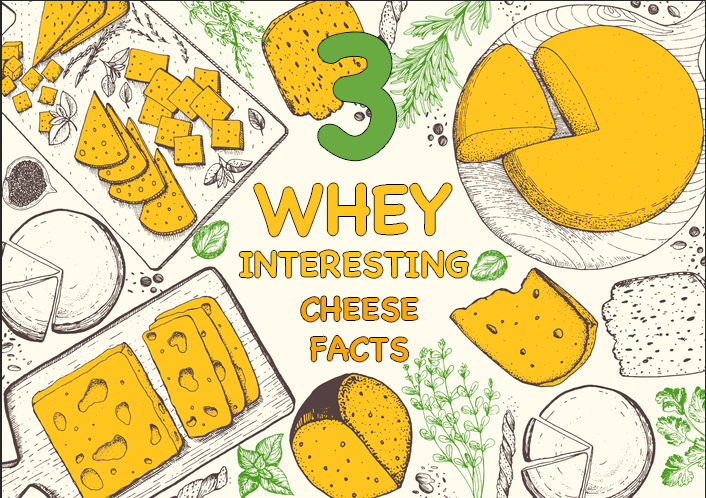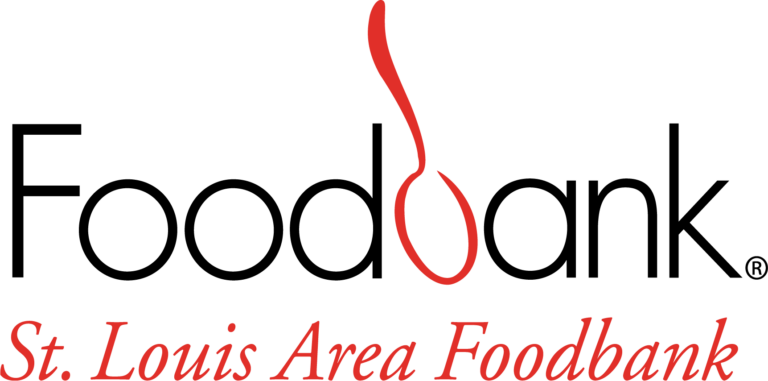Cheese facts are plentiful on the internet, from discovery-by-accident origin stories to Queen Victoria’s giant cheese-wheel wedding gift.
Here are three not-so-typical cheese facts that relate to cheese production, its global reach, and cultural importance.
1) How science saved the cheese industry
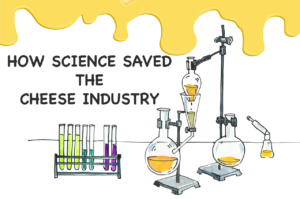
During the 1970s, traditional rennet (harvested from calf stomachs and used to create cheese solids) became harder to get. As the veal industry folded, due to animal rights awareness and activism, the coagulating agent became scarce.
With consumers’ increasing demand for cheese and dwindling rennet supplies, cheesemakers needed an alternative coagulant.
In the 1990s, the FDA approved a new lab-generated solution. Scientists were able to genetically engineer Chymosin, the crucial enzyme in rennet, creating an identical copy, and by-passing the need for calf stomachs.
As consumers’ distaste for GMOs surfaced, the Fermentation-Produced Chymosin (FPC) came under fire. However, the lab-produced rennet withstood public scrutiny; there was practically no genetically-modified material in the FDA-approved FPC.
In fact, FPC changed cheese manufacturing, eliminating its dependence on veal rennet.
2) How imported cheese made it big in China
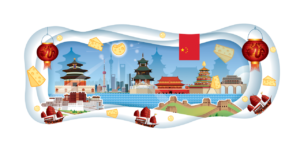
Up until the 1990s, China was not big on cheese — at least western-style cheese such as cheddar and mozzarella.
However, with a growing middle class, more western foods (and cheese) made it into China, in the way of fast food and high-end restaurants. Over time, people developed a taste for the “milk concentrate.”
Around 1996, the cheese-pioneering distributor Samir Kumar, with the small Australian company Frontier Foods, convinced the manager of the brand-new Shenzhen Wal-Mart to stock his cheeses. He became known as “the Cheeseman,” eventually supplying additional big stores in China, such as Carrefour, Jusco, and Lainhua.
Fast forward to 2019, and China’s demand for imported cheese continues to climb. In fact, according to Statistica, “the market is expected to grow annually by 3.9%” through 2023.
3) Why this Italian cheese is illegal
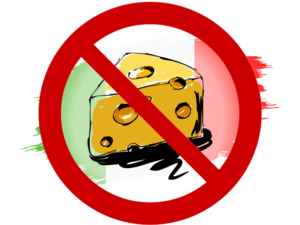
On the Mediterranean island of Sardinia, open-air markets sell everything from T-shirts to tomatoes. That includes cheeses unique to Sardinia, such as Casizolu — a cheese made from Sardinian-Bruno and Sarda-Modicana cow’s milk since medieval times
With more than 3,500,000 sheep, goats, and cows grazing the rocky island, cheese is an important part of the Sardinian culture and cuisine.
But there’s one type of cheese that you won’t find alongside the beloved Casizolu. Unless you “know someone,” it will be a challenge to find the unusual pecorino, Casu marzu.
Be warned, scarce as it may be, Casu marzu is not for the timid.
Using an ancient fermentation process, farmers expose wheels of pecorino to cheese flies, allowing fly larvae to enter and break down the cheese. When ripe, the cheese—and live larvae—are spread on Sardinian bread. (Eye protection is recommended, as the larvae tend to jump from the cheese.)
However, due to E.U. food regulations, and possible health risks associated with eating the cheese, Casu Mazu was outlawed in the 1990s. But the cherished cheese lives on!
In true cottage-industry-style, Sardinians continue to make and sell the cultural delicacy—only to trusted Casu marzu sources, of course.
Cheese facts rising to the surface
Cheese continues to create interest around the world — from U.S. consumers’ increased cheese demand (offsetting declining milk consumption) to E.U. cheesemakers staking claims on cheese naming rights. More interesting facts are guaranteed to emerge!
What are your thoughts on FPC, the China cheese market, and regulated cheese? Let us know in the comments or share this post on LinkedIn.
At Ingredient Exchange, we help customers free up space in their warehouse by re-purposing their problem inventory—including under-grade and junior cheese—and turning it into cash. Contact us.
